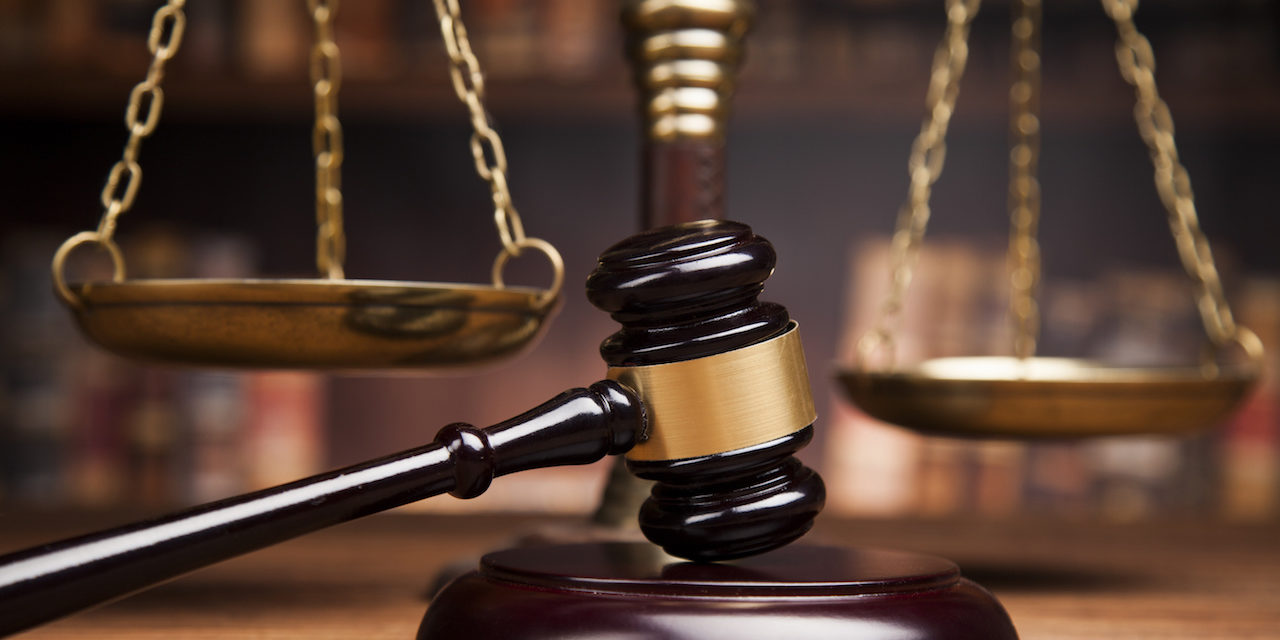Absentee ballots will be required to be signed by a witness following a ruling by North Carolina Middle District Federal District Court Judge William Osteen on Wednesday, Oct. 14.
Or at least they will be for now. There have been many different rulings in this case, which has been in North Carolina Superior Court and in both the North Carolina Middle District Federal Court and the North Carolina Eastern District Federal Court.
The ruling by Osteen reverses the ruling by the North Carolina Superior Court, in part because according to Osteen a previous ruling he made was misquoted in the arguments before the state court.
The state court ruling would have allowed absentee ballots submitted without the statutorily required witness signature, to be counted if the voter signed an affidavit asserting that they had submitted the ballot.
Osteen stated that the US Constitution gave the authority to determine the laws governing elections to the state legislatures and that the North Carolina State Board of Elections didn’t have the authority to change those laws. The “Memorandum, Opinion and Order” states, “A state cannot uphold its obligation to ensure equal treatment of all voters at every stage of the election if another body, including the SBE [State Board of Elections], is permitted to contravene the duly enacted laws of the General Assembly and to permit ballots to be counted that do not satisfy the fixed rules or procedures the state legislature has deemed necessary to prevent illegal voting.”
Osteen also noted that Executive Director of the State Board of Elections Karen Brinson Bell Had tried to accomplish rules changes by redefining “natural disaster” and assuming the additional authority given by the emergency powers statute – a move that was unanimously rejected by the legislature’s Rule Review Commission.
Another change that was approved by the State Board of Elections that was overruled by Osteen was the extension of the deadline for when absentee ballots that were mailed by Nov. 3 had to arrive at the elections office. The General Assembly had set the deadline at Nov. 6 and the State Board of Elections extended by six days to Nov. 12.
Osteen’s ruling sets the deadline back to Nov. 6.

